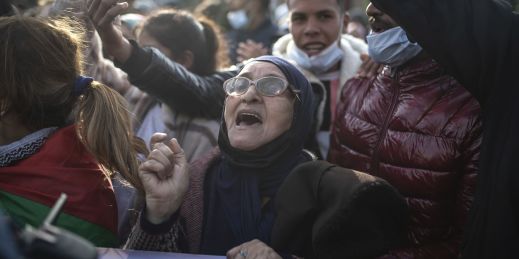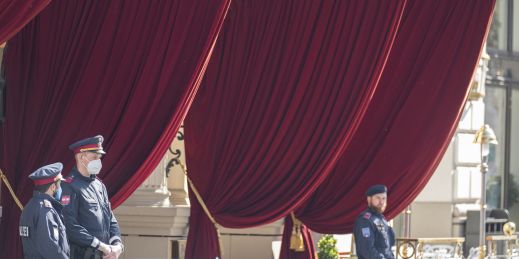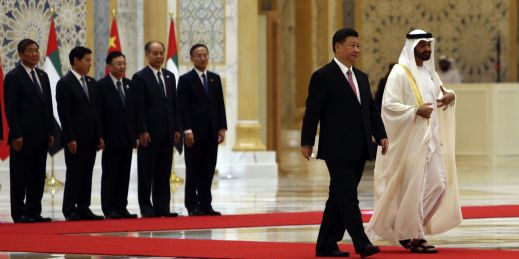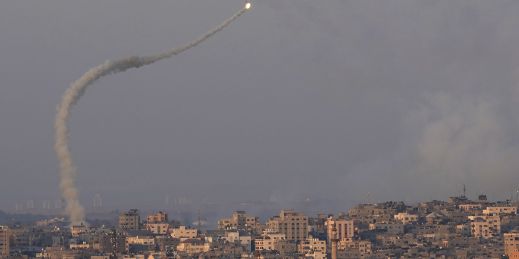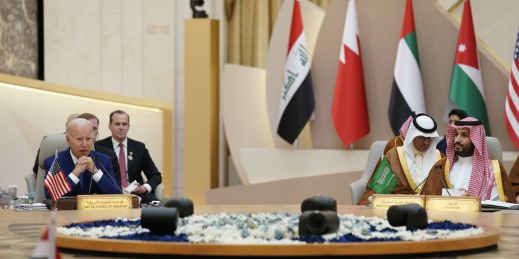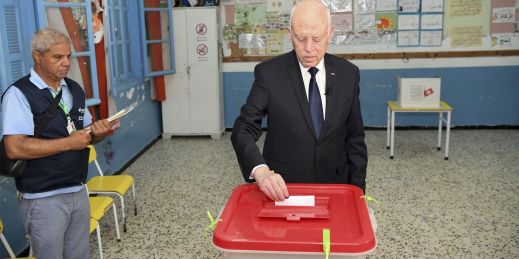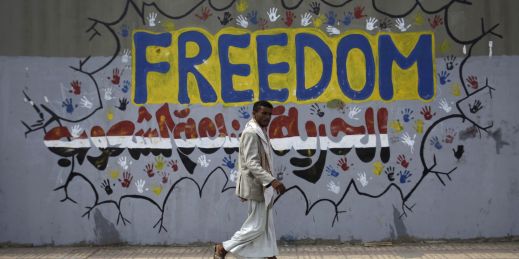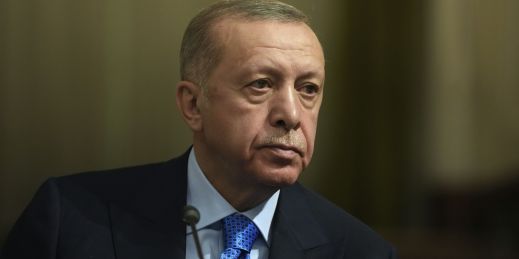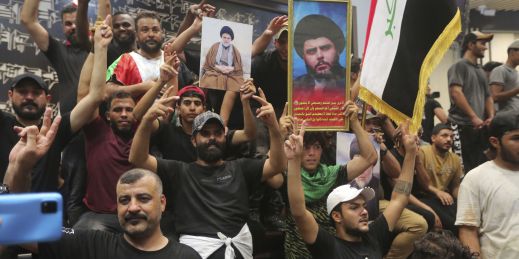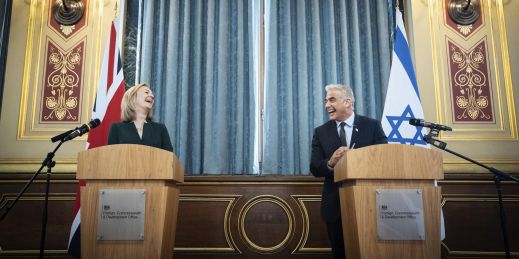
Since Brexit, the U.K. has worked to reenergize its ties with Israel, as part of its wider “Global Britain” ambitions. Last month, it launched negotiations to establish a new bilateral free trade agreement—the outcome of which will be shaped by the winner of the Conservative Party’s leadership race.

